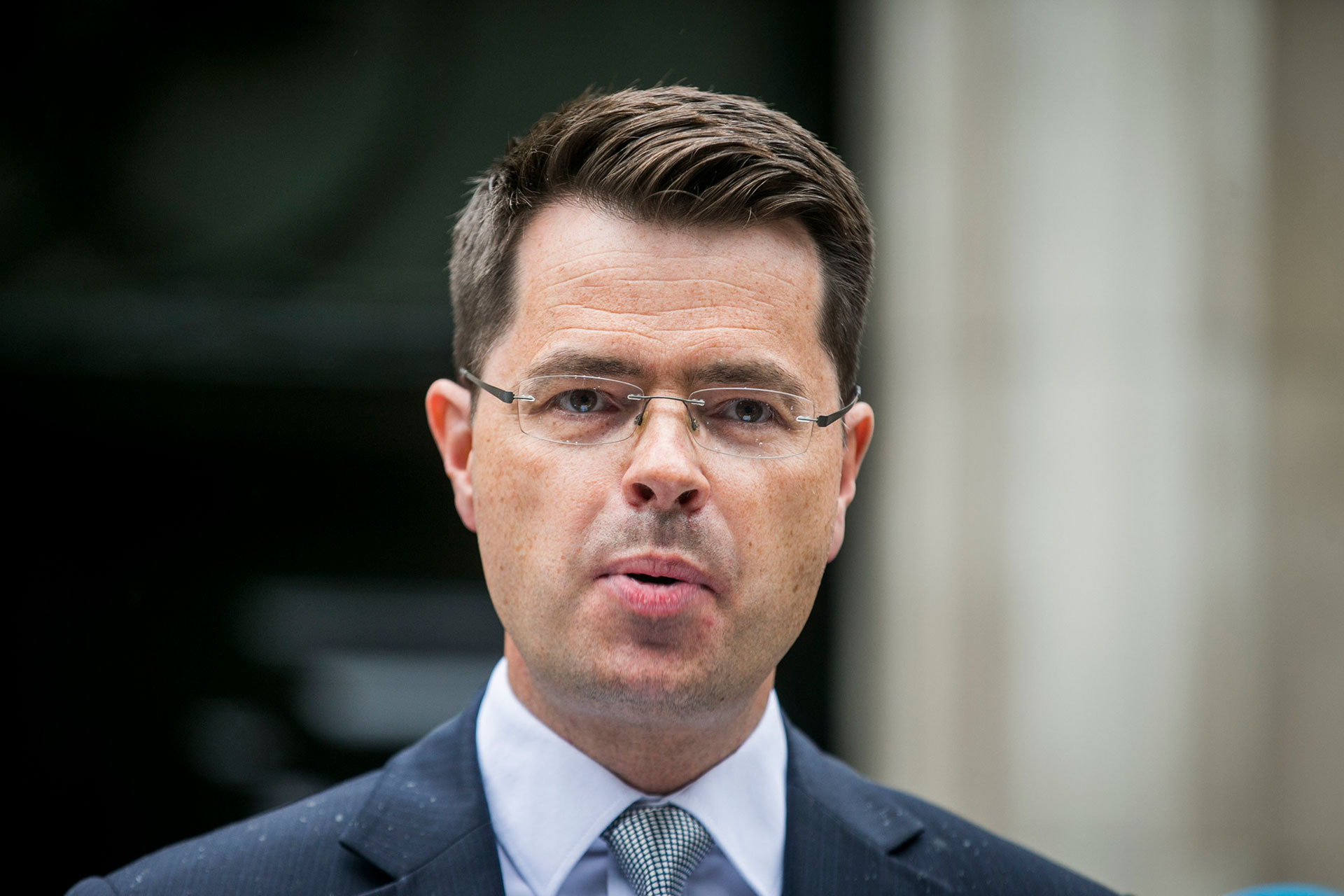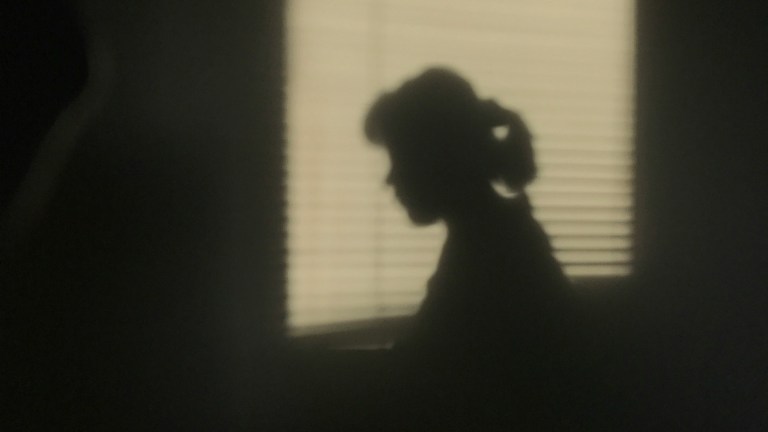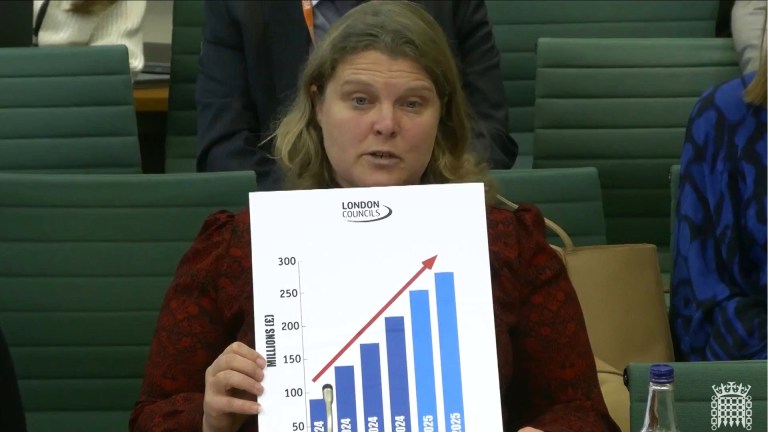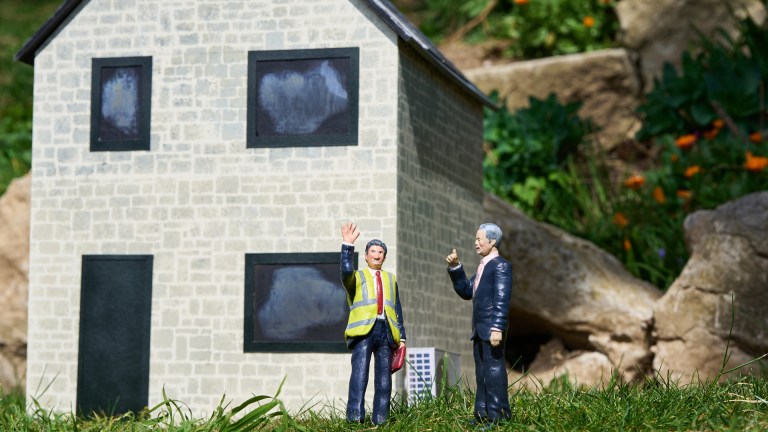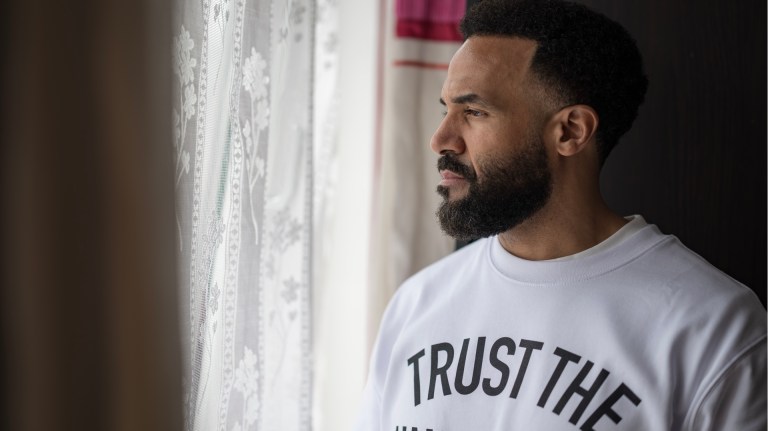“One thing I would say in terms of finances, there’s so much money that is being wasted within homeless provision in bed and breakfast temporary accommodation and exorbitant rents,” he said.
“The finances don’t really work out and hopefully if you stop that shift into bed and breakfast and temporary accommodation and the high charges associated with it, you save some money there that can then be fed back into the system. Certainly, managing money is a factor in the service, that’s for sure.”
Spice is the drug that the new plans are taking aim at – and George painted a picture of the synthetic cannabinoid’s impact on the street.
“It’s not uncommon for people maybe with depression or wider psychiatric issues to use drugs, sometimes it seems like it is the only one way to put some happiness in their lives and get some control over how they’re feeling,” he said.
Advertising helps fund Big Issue’s mission to end poverty
“Spice has been a major problem, highly addictive and just knocked people out and make them wrecked and break a life.”
Big Issue founder John Bird has re-iterated the need for prevention to be front and centre in the government’s plans to tackle rough sleeping.
“As long as the fall-out economy we live in produces low-educated, low-skilled and low-waged people, we will continue to invite the failure of homelessness into our lives,” he said.
“Emergency measures are of course necessary to help those living out their inheritance of poverty, but until the engines of government funding are focused on the root causes of destitution, we will repeat the rolling crises of homelessness for generations to come.
“A neoliberal ignorance has crept into our responsibilities to street-livers, homeless families in B&Bs and sofa-surfers – and become orthodoxy. But no one should be allowed to sleep rough. It is a human rights abuse too far. It’s why I want us to grasp the stinging nettle of legal and moral responsibility, and build therapeutic communities off the streets to guarantee that no-one spends one night out, let alone two.
“Whilst I welcome the preventative focus in the new Rough Sleeping Strategy, we need to ensure that every policy passes through the prism of prevention. £100 million investment over two years greases the wheels of our existing stop-gap system, but it only postpones the inevitable social, financial and legal pains we leave our children to deal with. A government willing to spend is not necessarily the same as a government willing to plan, pre-empt and prevent future crises. That’s the whole-of-government poverty strategy I want to see.”
Advertising helps fund Big Issue’s mission to end poverty
The three stages
The Big Issue has long championed prevention – understanding the issues that lead to homelessness and preventing them from arising – as a crucial part of dismantling poverty.
The government agrees, so has pledged to listen to individual marginalised groups to find out why they slip into homelessness as well as launching new pilots targeting prison leavers and those with complex needs leaving care.
The next stage of focus is intervention, which will involve helping those already sleeping rough with swift, tailored support. Brokenshire has promised to set aside £17m to tackle this through Somewhere Safe to Stay pilots to assess rough sleepers’ needs and to connect them with support alongside NHS England and Public Health England.
This will aim to fill gaps in health services for rough sleepers as well as forming a long-term plan for health and social care, starting with £2m in 2018.
StreetLink, the app that allows the general public to connect rough sleepers with support services, will also receive additional funding.
Advertising helps fund Big Issue’s mission to end poverty
The third stage is recovery and is linked to Housing First, which is currently being piloted in Greater Manchester, the Midlands and on Merseyside.
This involves giving rough sleepers a stable home alongside flexible support tailored to their needs.
The government has pledged to spend £50m to build accommodation specifically for former rough sleepers outside London as well as £19m for flexible support, which will be found in the £135m recovered from dormant accounts. A homelessness expert will also be installed in every Jobcentre Plus.
“It is simply unacceptable that people have to sleep on our streets and I am determined to make it a thing of the past,” said Communities Secretary Brokenshire.
“Whether people are at risk of rough sleeping, already on the streets or in need of settled accommodation, we now have a solid plan to help the most vulnerable in our society.
Advertising helps fund Big Issue’s mission to end poverty
“And this is not just about putting a roof over their heads but helping them find a place to call home.”
“Only the tip of the iceberg”
Housing organisations and homelessness charities have welcomed the strategy – seven of which consulted on the plans, including Crisis, Homeless Link, National Housing Federation (NHF), Shelter, St Basils, St Mungo’s and Thames Reach.
But the overriding opinion is that more must be done to tackle the wide-ranging root causes of homelessness, including unaffordable housing, relationship breakdown and more, if rough sleeping is to be reduced, let alone ended.
After all, the number sleeping out on the streets has been rising every year since 2010 with 4,751 rough sleepers bedded down last year – an increase of 15 per cent from 2016 figures.
Advertising helps fund Big Issue’s mission to end poverty
David Orr, chief executive of the NHF said: “There is much to be valued in this strategy – practical measures and new funding that will really help ease the current situation. But if we’re to bring about a lasting end to rough sleeping we need targeted investment in new homes for rough sleepers, a significant increase in homes for social rent overall, and a full assessment of the impact of welfare reform on rough sleeping.”
The Homelessness Reduction Act was introduced in April to place a duty on councils to help find rough sleepers secure, sustainable accommodation inside 56 days.
But Lord Porter, Local Government Association chairman, has insisted that local authorities need to more help to tackle homelessness.
“Rough sleeping is only the tip of the iceberg – right now, councils are currently housing over 79,000 homeless families and 123,000 children in temporary housing,” he said.
“Councils want to end all homelessness by preventing it from happening in the first place. This means allowing councils to build more social homes, reviewing welfare reforms and ensuring councils have the certainty, resources and tools they need to bring together services around people at risk of becoming homeless.”
Image: PA
